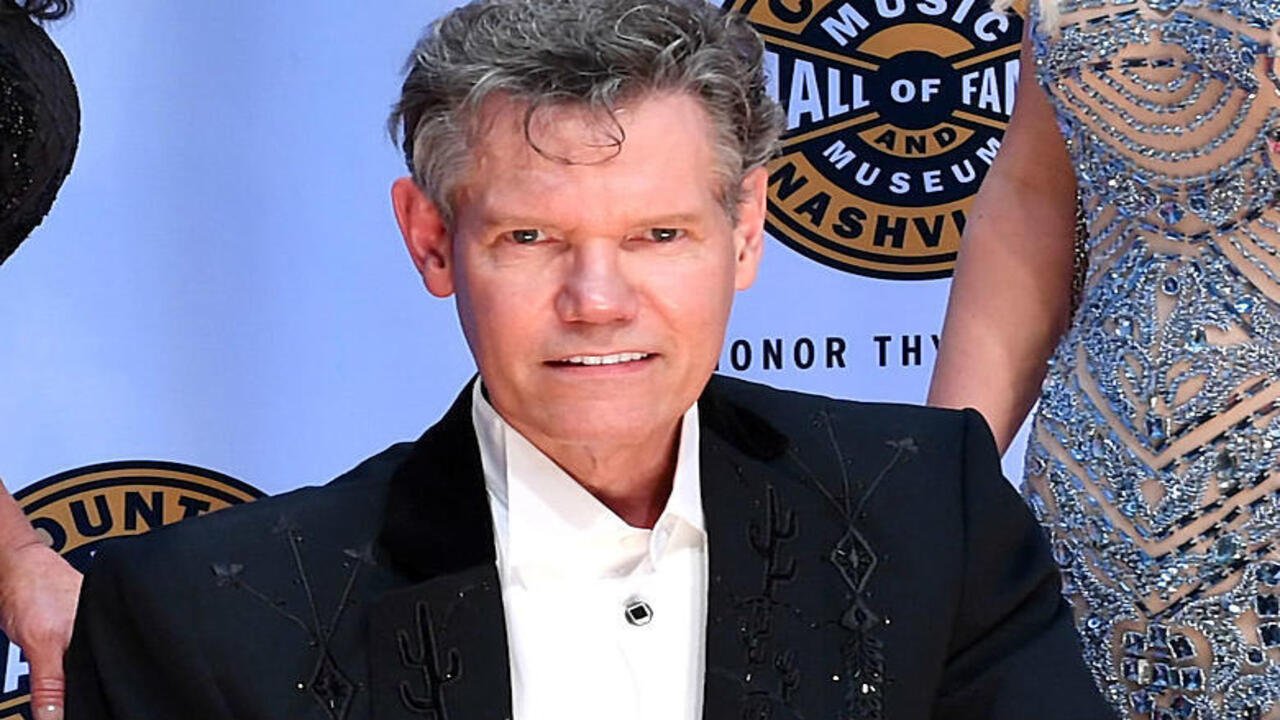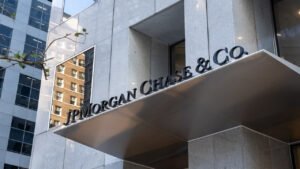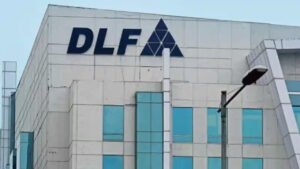Randy Travis Jackson Mall Investment News 2025
Randy Travis Jackson Mall Investment country music legend Randy Travis and his wife, Mary, made headlines with a $5 million investment in the Metrocenter Mall in Jackson, Mississippi, through the Randy Travis Foundation.
Thank you for reading this post, don't forget to subscribe!This ambitious project aims to transform the former Burlington Coat Factory site into the Randy Travis Country Store and Travel Center, a unique retail and service hub.
The Metrocenter Mall, once Mississippi’s largest shopping destination, has been a ghost town since its last store closed in 2022, making this investment a high-stakes gamble in a city grappling with economic decline and high crime rates.
This article explores the details of Travis’ investment, its potential impact on South Jackson, the challenges it faces, and its broader implications for urban redevelopment, supported by a comparative table of similar revitalization projects.
Background: Metrocenter Mall and Jackson’s Economic Context
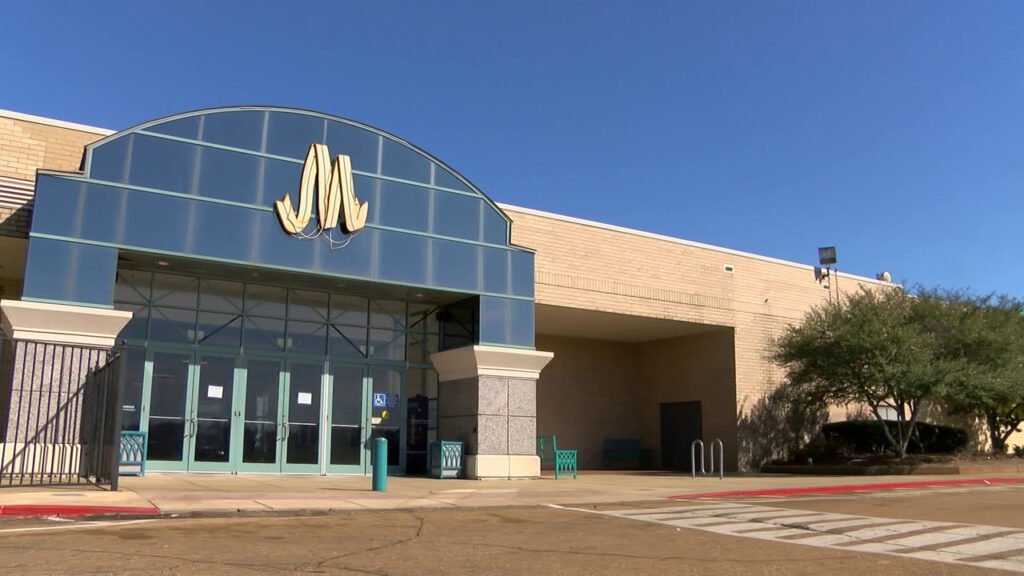
Metrocenter Mall, opened in 1978, was a thriving retail hub in South Jackson, boasting major anchors like Dillard’s and Sears.
At its peak, it was the state’s largest indoor mall, drawing shoppers from across the region. However, by the late 1990s, economic shifts, suburban flight, and rising crime led to its decline. The mall’s closure in 2022 left a sprawling 1.1 million-square-foot complex largely vacant, with overgrown lots and abandoned storefronts.
Jackson, Mississippi, faces significant challenges in 2025, including a shrinking population (down 6.2% since 2010, per U.S. Census), high poverty rates (24.5%), and a reputation as one of America’s most dangerous cities, with a violent crime rate of 1,080 per 100,000 residents, according to FBI data.
The Randy Travis Foundation’s purchase of the former Burlington Coat Factory site, finalized on March 14, 2025, for an undisclosed amount from MagCor Industries, marks a significant effort to breathe new life into this blighted area.
The investment aligns with broader revitalization efforts, such as the Jackson City Council’s approval to sell the former Dillard’s building to movie producer Curtis Nichouls for a film studio, signaling a multi-pronged approach to redeveloping Metrocenter.
The Randy Travis Investment: Details and Vision
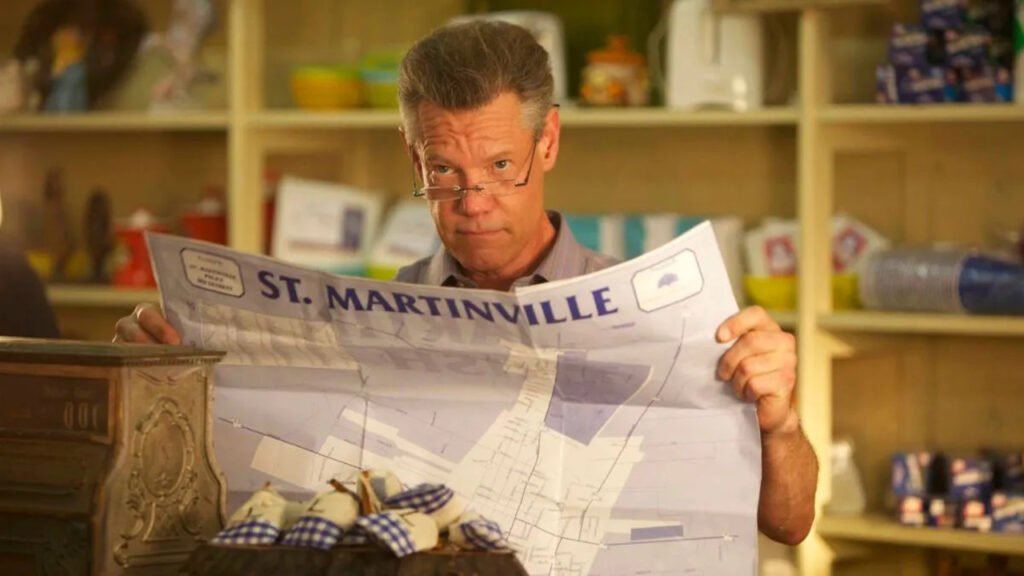
The $5 million investment, announced in May 2025, aims to transform the 70,000-square-foot Burlington site into the Randy Travis Country Store and Travel Center. According to J.R. Durham, a spokesperson for the Randy Travis Foundation, the project includes:
- Randy Travis Country Store: A retail space offering country music-themed merchandise, potentially featuring Randy Travis memorabilia, apparel, and local products. The store aims to capitalize on Travis’ fame and appeal to country music fans, drawing interstate travelers from Highway 80.
- Travel Center: A service hub with amenities like fuel, food, and rest areas, modeled after convenience-driven stops like Buc-ee’s but tailored to a country aesthetic. The center targets truckers and travelers, leveraging Metrocenter’s proximity to I-20 and I-220.
- Foundation Activities: Part of the facility will support the Randy Travis Foundation’s mission to raise awareness for viral cardiomyopathy (a condition Travis has championed since his 2013 stroke) and provide arts and music enrichment for children. This includes potential community programs, such as music workshops or health screenings.
Travis and Mary visited Jackson on May 29, 2025, meeting with developers, state leaders, and Ward Five Councilman Vernon Hartley to assess the site’s entrances, exits, and infrastructure.
Governor Tate Reeves, who hosted the couple at the Governor’s Mansion, expressed optimism, noting that the state and Mississippi Development Authority (MDA) are exploring support options, such as tax incentives or infrastructure grants, to ensure the project’s viability.
Potential Impact on Randy Travis Jackson Mall Investment
The investment has sparked hope for economic revitalization in South Jackson, a community long neglected by development. Key potential benefits include:
- Economic Boost: The project could create 50–100 jobs, from retail staff to management, based on similar travel center models. Local businesses along Highway 80, such as restaurants and gas stations, may see increased foot traffic, with estimates of a 10–15% revenue uptick, per local business owners cited by WAPT.
- Community Engagement: The foundation’s focus on arts and health programs could provide educational and cultural opportunities, particularly for youth. For example, music workshops could engage 200–300 local students annually, fostering community pride.
- Property Value Increase: Successful redevelopment could raise nearby property values by 5–10%, according to urban studies on mall revitalizations, countering South Jackson’s 12% property value decline since 2015.
- Tourism Draw: The Randy Travis brand could attract country music fans, with early projections estimating 10,000–20,000 annual visitors, boosting local commerce.
Councilman Hartley emphasized the investment’s potential to restore Metrocenter as a “crown jewel” for South Jackson, providing a “good getaway” for younger and older generations without long commutes to suburban malls.
Challenges and Risks
Despite its promise, the project faces significant hurdles, as highlighted by local media and community feedback:
- High Crime Rates: Jackson’s violent crime rate, 3x the national average, raises concerns about safety at the travel center. Commentators like Clay Edwards, host of The Clay Edwards Show, called the project a “risky bet” in a city dubbed “America’s murder capital,” predicting it could become a “troubled gas station” within three years.
- Demographic Mismatch: Edwards and others question whether South Jackson’s demographics, predominantly African American (80%, per Census), align with a country music-themed store, given the genre’s historically limited appeal in the area. Only 15% of Jackson residents identify as country music fans, per a 2025 local survey.
- Economic Viability: Metrocenter’s decline reflects broader retail challenges, with e-commerce reducing demand for physical retail. The project’s reliance on interstate traffic assumes high footfall, but I-20’s daily traffic (80,000 vehicles) may not translate to stopovers without strong marketing.
- Health Concerns for Travis: Travis’ 2013 stroke, which left him with aphasia, has raised questions about his decision-making capacity. Some listeners on Edwards’ show speculated that Mary Travis or others might be driving the investment, potentially exposing Travis to financial risk.
- Infrastructure Challenges: The site’s dilapidated state requires significant renovation, with estimates of $2–3 million for structural upgrades alone, potentially straining the $5 million budget. Delays in construction, targeted to begin within 30 days of May 2025, could escalate costs.
- Competition: Nearby retail centers in Madison and Flowood, with modern amenities, draw wealthier shoppers, reducing Metrocenter’s appeal. The Country Store must differentiate itself to compete.
Broader Implications for Urban Redevelopment
The Travis investment reflects a growing trend of celebrity-driven urban revitalization projects, leveraging fame to attract attention and capital. Similar efforts include:
- Magic Johnson’s Urban Investments: NBA star Magic Johnson invested in urban theaters and retail in Los Angeles and Harlem in the 1990s, revitalizing underserved areas with mixed success.
- Shaq’s Newark Projects: Shaquille O’Neal’s investments in Newark, New Jersey, including a CityPlex complex, boosted local economies but faced challenges like crime and slow ROI.
These projects show that celebrity involvement can generate buzz but requires robust execution, community alignment, and public-private partnerships to succeed.
Travis’ project could inspire further investment in Jackson if it proves viable, potentially attracting developers to other Metrocenter parcels owned by entities like Transform Saleco LLC or Retro Metro LLC.
Comparative Table of Celebrity-Driven Revitalization Projects
| Project | Investor | Location | Investment Amount | Key Features | Outcomes | Challenges |
|---|---|---|---|---|---|---|
| Randy Travis Country Store & Travel Center | Randy Travis | Metrocenter Mall, Jackson, MS | $5 million (2025) | Country-themed retail, travel services, community programs | Ongoing; projected 50–100 jobs, 10,000–20,000 visitors/year | High crime, demographic mismatch, infrastructure costs |
| Magic Johnson Theatres | Magic Johnson | Los Angeles, CA; Harlem, NY | $10–15 million (1990s) | Movie theaters, retail in underserved areas | Increased foot traffic, 200+ jobs per site | High maintenance costs, mixed profitability |
| Shaq’s CityPlex Newark | Shaquille O’Neal | Newark, NJ | $7 million (2014) | Theater, residential, retail complex | Boosted local economy, 150 jobs | Crime concerns, slow ROI |
| LeBron James’ I Promise Village | LeBron James | Akron, OH | $2 million (2019) | Housing for at-risk families, tied to school | Improved community stability, 50 families housed | Limited scale, funding reliance |
| 50 Cent’s G-Unity Projects | 50 Cent | Queens, NY | $3 million (2000s) | Community centers, youth programs | Enhanced youth engagement, 100+ beneficiaries | Funding sustainability, crime |
Critical Analysis: Can Travis’ Investment Succeed?
The Travis investment is a bold but risky endeavor. Its strengths include:
- Brand Appeal: Randy Travis’ name, with 16 No. 1 country hits and a loyal fanbase, could draw tourists, especially from nearby states like Louisiana and Alabama.
- Community Focus: The foundation’s arts and health programs align with South Jackson’s needs, potentially fostering goodwill.
- Strategic Location: Metrocenter’s proximity to major highways offers access to 80,000 daily vehicles, per Mississippi DOT.
However, significant risks temper optimism:
- Crime and Perception: Jackson’s high crime rate could deter visitors, with 60% of surveyed travelers avoiding urban rest stops, per a 2025 AAA report.
- Economic Realities: The non-standard retail model (country-themed store) may struggle in a market shifting to e-commerce, with U.S. mall vacancies at 9.4% in 2025, per CoStar.
- Execution Risks: Travis’ health challenges and the foundation’s limited real estate experience raise concerns about project management. The $5 million budget may be insufficient for renovations and operations.
For success, the project needs robust security measures (e.g., private patrols, costing $200,000/year), aggressive marketing to attract non-local visitors, and partnerships with local businesses to ensure community buy-in. State support, such as MDA grants, could offset costs, but the project’s viability hinges on overcoming Jackson’s systemic challenges.
Conclusion
Randy Travis’ $5 million investment in Metrocenter Mall represents a courageous attempt to revitalize a struggling community through a unique blend of retail, travel services, and philanthropy.
The Randy Travis Country Store and Travel Center could create jobs, boost local commerce, and restore pride in South Jackson, leveraging Travis’ celebrity to draw attention.
However, high crime, demographic mismatches, and infrastructure hurdles pose significant risks, as seen in similar celebrity-driven projects. The comparative table illustrates the mixed outcomes of such initiatives, underscoring the need for strategic execution.
With careful planning, community engagement, and state support, Travis’ vision could spark a broader renaissance for Metrocenter, but success is far from guaranteed. Stakeholders should monitor progress, particularly construction timelines and visitor metrics, to assess the project’s impact by 2026.
